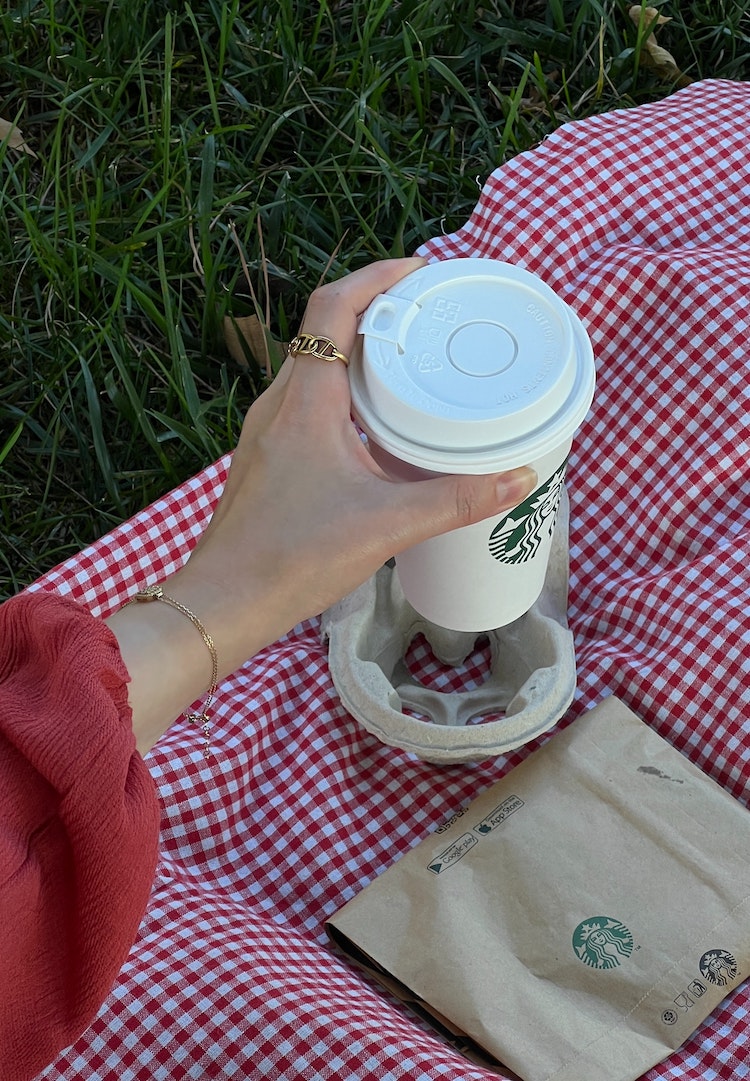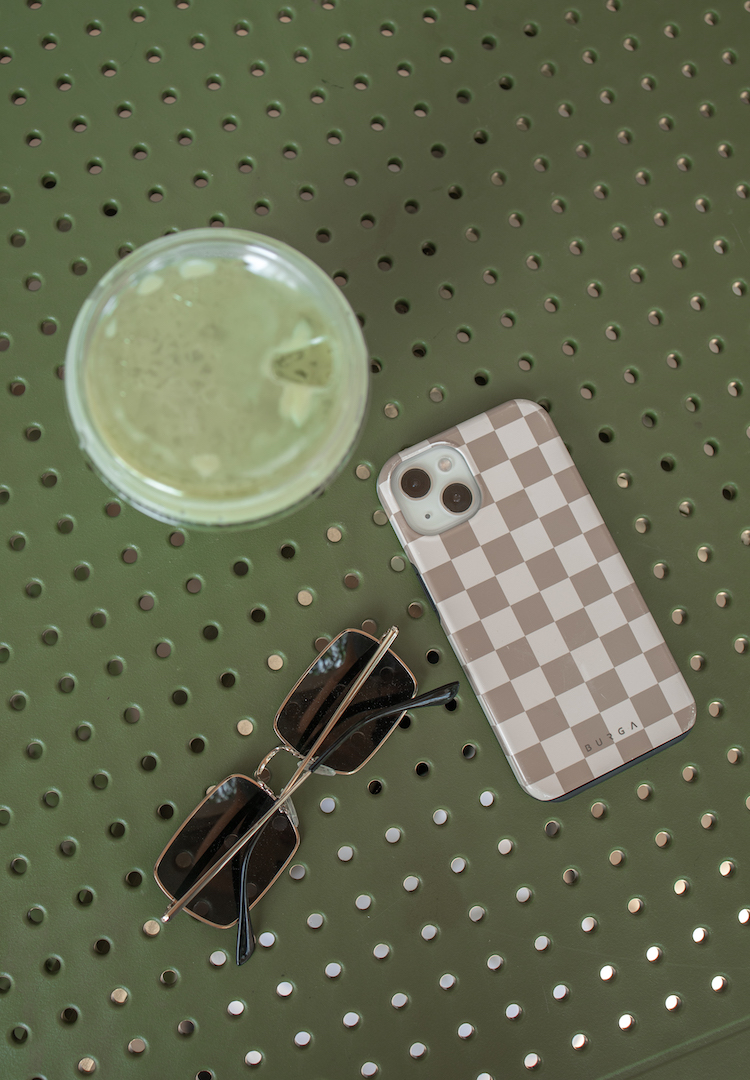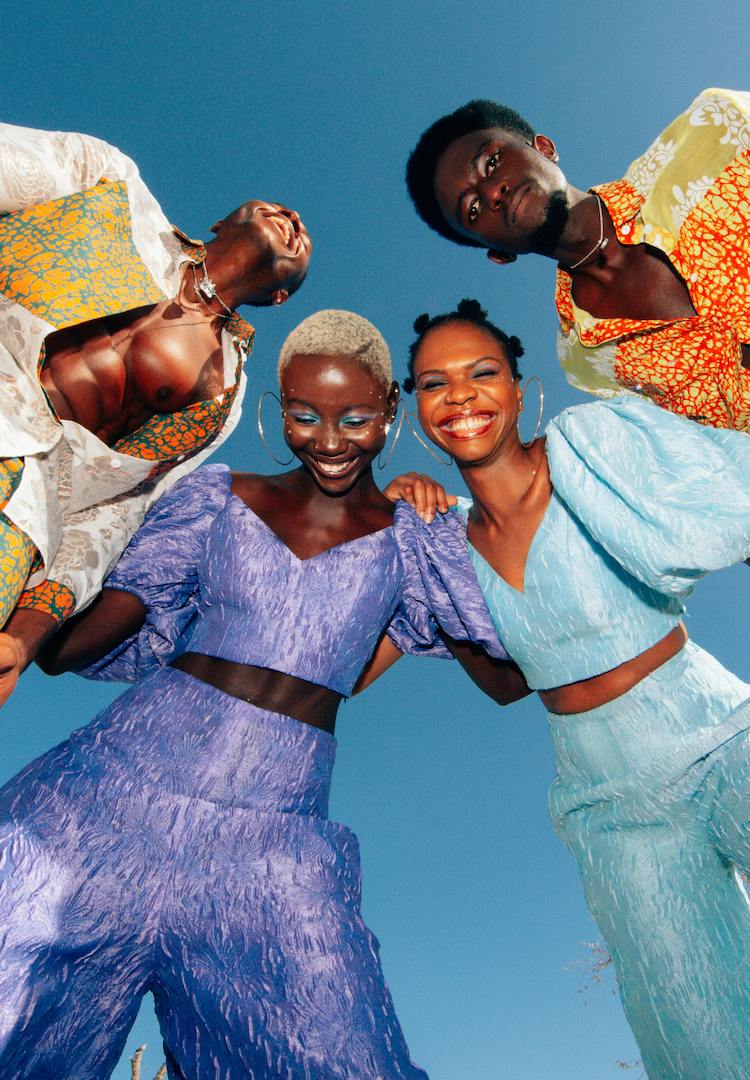TikTok’s ageing filter might jumpstart your life savings, this is how
IMAGE VIA @degoey_planet/INSTAGRAM
WORDS BY MAGGIE ZHOU
What kind of older person do you want to be?
Every few seasons, there’s a new face filter that captures the digital attention of thousands. For a couple of cursed years, it was that dreaded Snapchat dog filter. Now, TikTok’s latest fixation is a filter called ‘aged’.
With 4.7 million videos and counting, the filter enables users to see two versions of themselves in a split-screen video. At the bottom, you’ll see yourself as you are. At the top, you’ll see a version of yourself from 40-odd years into the future. Greying hair, wrinkles, fine lines, liver spots and sagging jowls move seamlessly with you.
Interested to hear how others navigate the world? Head to our Life section.
Reactions have varied tremendously. Everything from heartfelt exclamations of, “I look like my mum!” to horrified cries of, “I look like my mum!” have accompanied these videos. But one unexpected side effect of this trending moment is it may help increase one’s superannuation.
In today’s day and age, where economic turmoil is rearing its ugly head, Christina Hobbs, CEO of Verve Super, says superannuation will become most Australians’ biggest asset. “For most people, this is actually the biggest investment decision that they’ll ever make,” she tells me.
“What you do with your money in the early years, due to compound interest, is important. $1,000 today, by the time you retire, could be worth $15,000 or $20,000. How you manage small amounts of money today is really, really important.”
What’s the link between a filter (that might be intruding on your privacy) and your life savings? Multiple studies have found that relating to your future self can lead to an increase in money-saving behaviours.
“I think there is a real detachment from [superannuation],” Christina says. “Many young people don’t necessarily see the money even as theirs; they see it as something their employer has chosen for them or something that the government manages. There’s a disconnect between people really realising that they have money that they should be actively managing for their future selves.”
One 2011 study found participants who were exposed to their future selves (through virtual reality rendering) allocated more than twice as much money towards their retirement account than people who were only shown their present-day selves. Another study found the more someone was in tune with “future self-similarity [and] self-continuity,” the more assets they’d accrue. In simple terms: being able to identify with your older self can make your retirement savings seem less abstract.
Christina points to the way goal-setting psychology helps achieve this result too. “When people have a visual of what a goal achievement looks like, and what that future state looks like, they’re much more likely to achieve it. [For] young people, the idea of building wealth seems like a very faraway concept and something that they don’t need to do now. But get[ting] people to really visualise what that future life will look like is a really great way of getting them to care.”
This is a financial coaching strategy Verve Super facilitates with its clients. “[We ask them to] think through what they want out of their future life. Did they want to be able to travel? Do they want to own their own home? Do they want to be able to retire by the beach or on a hobby farm?” Christina says.
Instead of the thought of future finances being a stressful burden, Christina suggests flipping the narrative. “What are the things that really excite [them] about the future? What kind of older person do they want to be? Who are some older people that inspire them?”.
Saving can feel like a chore, one that can feel frustratingly pointless at times. To get excited about super, remember it’s your money to (eventually) blow. You never know, that hobby farm could be yours one day.
For more superannuation advice, try this.










